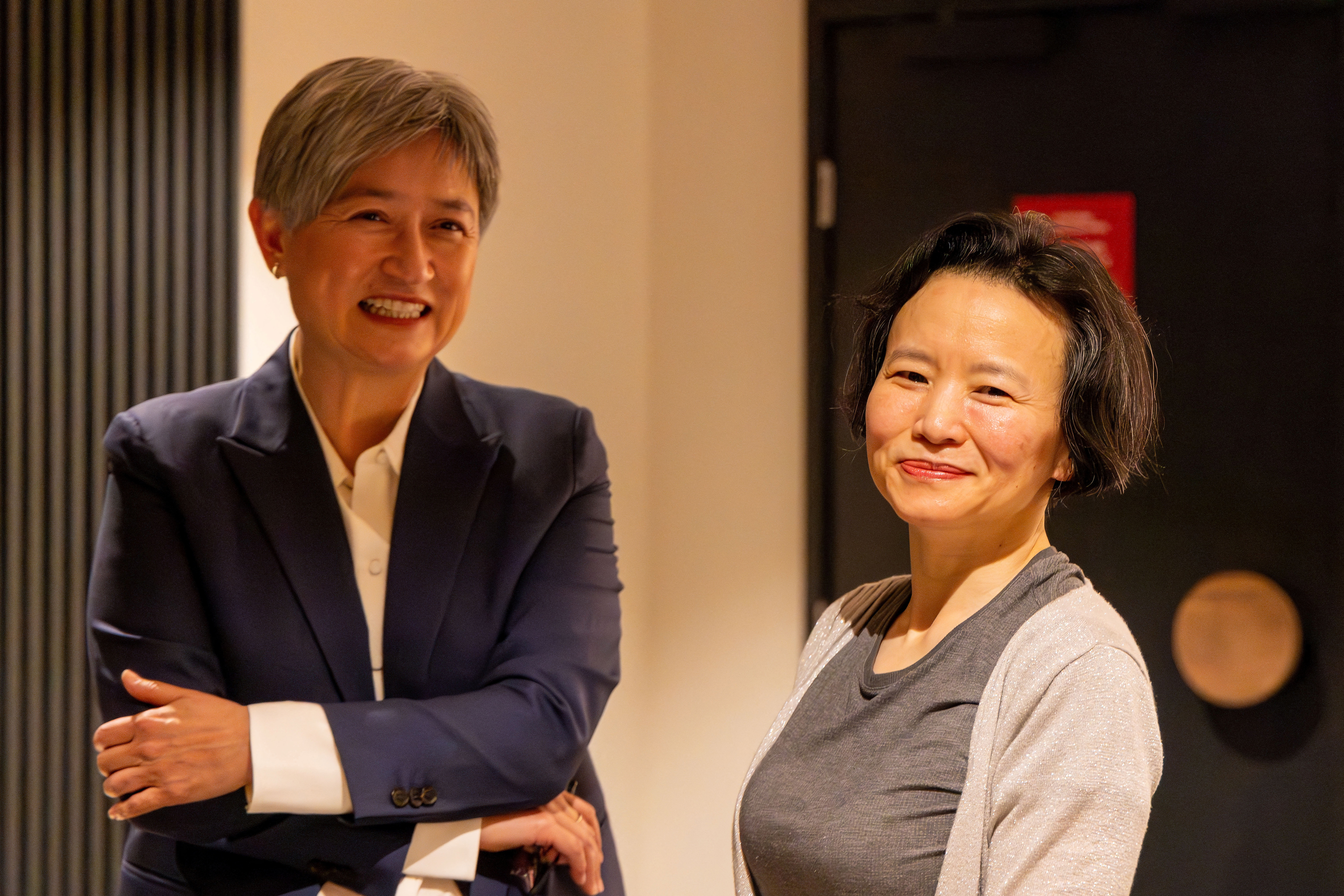
An Australian journalist who was convicted on murky espionage charges and detained in China for three years has returned to Australia, Prime Minister Anthony Albanese said.
Cheng Lei, 48, who worked for the international department of China’s state broadcaster, was reunited with her two children and family in Melbourne, Albanese said on Wednesday.
“[The] government has been seeking this for a long period of time and her return will be warmly welcomed not just by her family and friends but by all Australians,” the prime minister told reporters.
“Her matter was concluded through the legal processes in China,” he said.
Albanese said he had spoken to the freed journalist by telephone in Melbourne.
“She’s a very strong and resilient person,” the prime minister said. “And when I spoke with her, she was delighted to be back in Melbourne,” he said, according to Australian broadcaster ABC News.
I am pleased to confirm that Ms Cheng Lei has arrived safely home in Australia, and has been reunited with her two children and her family.
I spoke with her on the phone this afternoon. This is an outcome the Australian government has been seeking for a long time. pic.twitter.com/ukcoSR9oE3
— Anthony Albanese (@AlboMP) October 11, 2023
Cheng, a former TV anchor on Chinese state television, had been detained since August 2020 but was only formally arrested in February 2021 and tried in secret in March 2022 on charges of “supplying state secrets overseas”.
No further details in her case were revealed. She denied the allegations levelled against her.
Albanese said that Cheng’s release would facilitate a visit he planned to make to China later this year.
Cheng’s case had been a serious point of friction between Canberra and Beijing, adding to other tensions including the Australian government’s barring of Chinese tech firm Huawei from lucrative government contracts and Canberra joining a call for an investigation into the origins of the COVID-19 outbreak.
In retaliation, China introduced a swathe of de facto sanctions against Australian products, measures that have been slowly unwound as relations have thawed more recently.
Cheng spoke about her bleak prison conditions in China in a candid note dictated to Australian officials from jail and released to the public in August.
“I miss the sun,” read the message, described as a “love letter” to Australia.
“In my cell, the sunlight shines through the window but I can stand in it for only 10 hours a year.”
Cheng finished the letter expressing how much she missed her children while imprisoned, ABC News reported.







